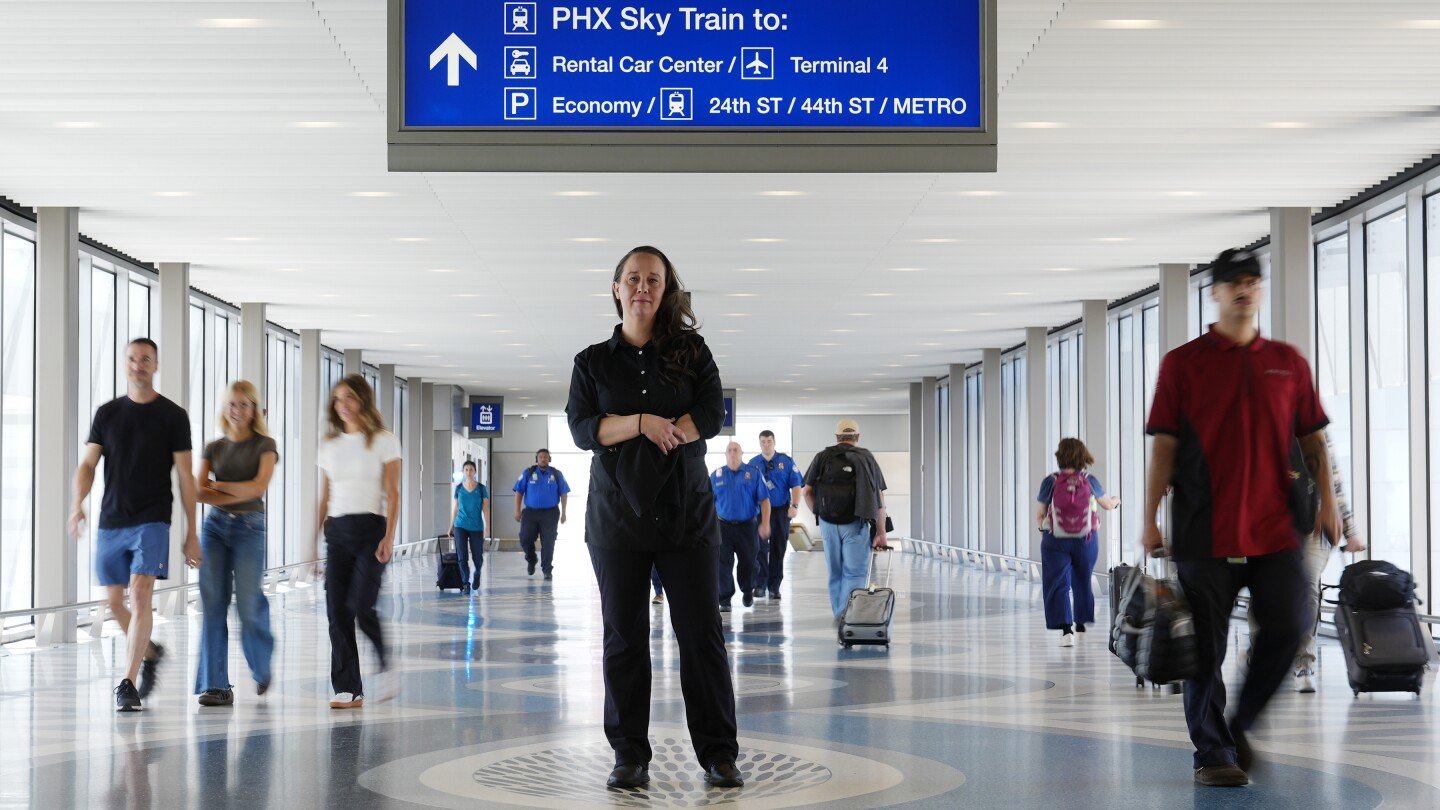Mel Nichols, a 37-year-old bartender in Phoenix, Arizona, takes home anywhere from $30 to $50 an hour with tips included. But the uncertainty of how much she’s going to make on a daily basis is a constant source of stress.
“For every good day, there’s three bad days,” said Nichols, who has been in the service industry since she was a teenager. “You have no security when it comes to knowing how much you’re going to make.”
The amount tipped workers make varies by state. Fourteen states pay the federal minimum, or just above $2 an hour for tipped workers and $7 an hour for non-tipped workers.



Because of the culture of tipping and pay structure in the US, tipping is generally not seen as something extra for good service but just part of the price of stuff at restaurants/bars/etc. So in this sense, tipping wouldn’t be required for people earning a living wage. But you’re describing what tipping “should” be, and yes, with that definition there’s no reason to not tip for the occasional above and beyond work.
But it’s even brought up as a reason why paying livable wages would be a disadvantage for good servers. Those two things just don’t add up.
Besides that, I want to be able to feed myself and my family even when I have a bad day. If all my days are bad then maybe I shouldn’t be in this job in the first place, but that’s another story.
Edit: even here there’s one of those “but tipping good” people. https://lemmy.world/comment/13002675
I get your point, but I’m not trying to make an argument about whether people would make more or less with tips. I don’t necessarily mean a specific amount when I say livable wage, I more mean may what they’re worth. I’m just saying there’s sort of two types of tipping but both have the same term.